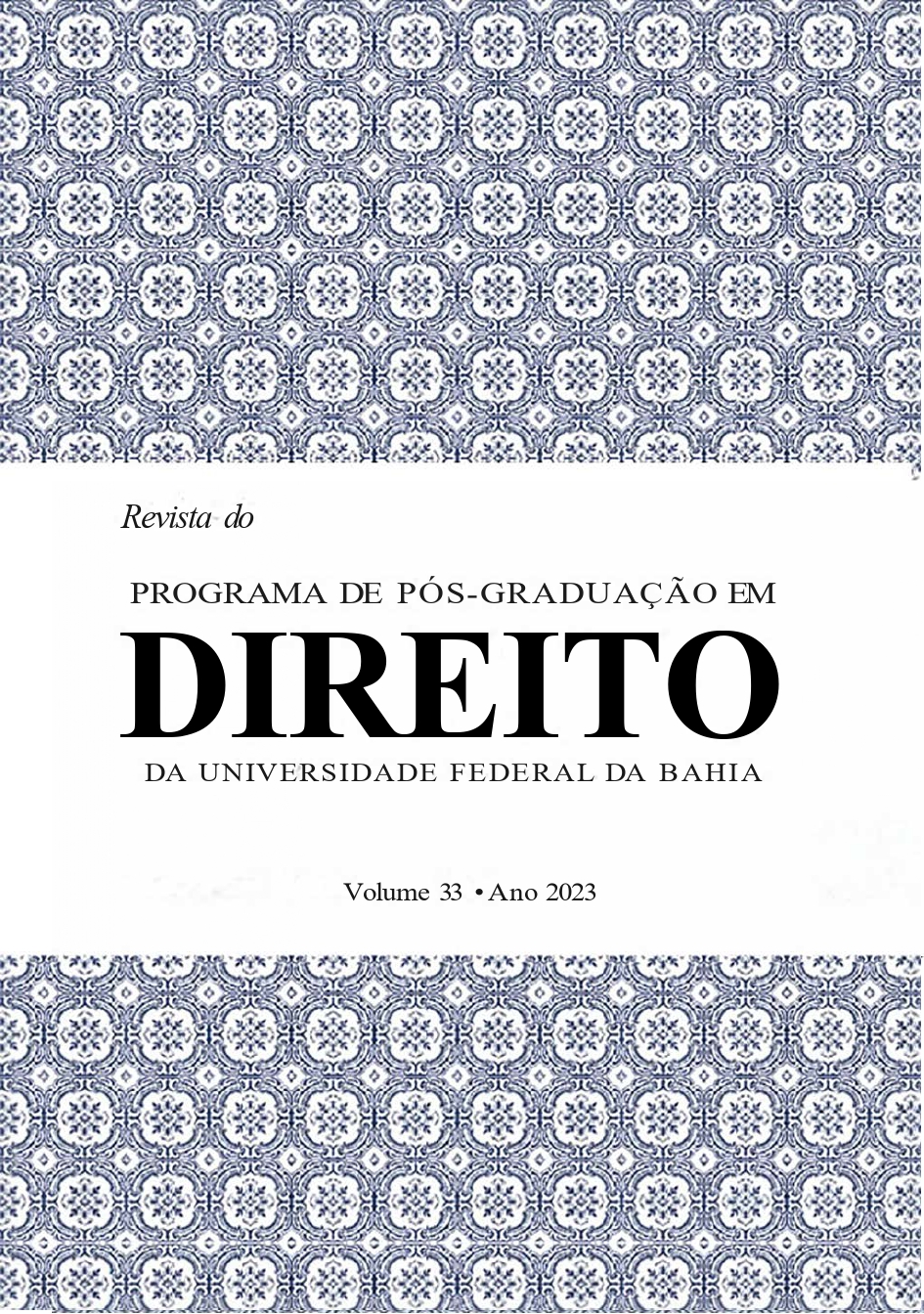THE RIGHT TO THE ENVIRONMENT OF FUTURE GENERATIONS: SOLUTIONS TO THE INTERGENERATIONAL CONFLICT OF RIGHTS
DOI:
https://doi.org/10.9771/rppgd.v33i0.57940Keywords:
Intergenerational Law, Environment, Conflicts, Essential CoreAbstract
Human coexistence generates conflicts. These conflicts have different magnitudes, but currently, more frequently, as a result of global concern and the constitutional imposition of environmental protection, environmental disputes have been taken to the Judiciary, whose decisions need to be designed to measure their impacts on future generations. In this sense, how to mitigate the intergenerational conflict of rights and the constitutionally foreseen legal protection of the environment? This study aims to analyze how to resolve intergenerational conflicts in Environmental Law, by guaranteeing the legal protection of the environment and the essential core of rights in the view of the Judiciary. For this, a bibliographical research methodology of a qualitative nature and descriptive nature was used, resulting in three main research development items. In the end, the result was confirmation of the hypothesis that intergenerational conflicts must be analyzed in each specific case, respecting the limits imposed by the essential core of Environmental Law in the face of the dispute presented.
Downloads
Downloads
Published
How to Cite
Issue
Section
License
Copyright (c) 2023 Revista do Programa de Pós-Graduação em Direito

This work is licensed under a Creative Commons Attribution-NonCommercial-NoDerivatives 4.0 International License.
1. Autores mantém os direitos autorais e concedem à revista o direito de primeira publicação, com o trabalho simultaneamente licenciado sob a Licença Creative Commons Atribuição 4.0 Internacional que permite o compartilhamentodo trabalho com reconhecimento da autoria e publicação inicial nesta revista.
2. Autores têm autorização para assumir contratos adicionais separadamente, para distribuição não-exclusiva da versão do trabalho publicada nesta revista (ex.: publicar em repositório institucional ou como capítulo de livro), com reconhecimento de autoria e publicação inicial nesta revista.
3. Autores têm permissão e são estimulados a publicar e distribuir seu trabalho online (ex.: em repositórios institucionais ou na sua página pessoal) a qualquer ponto antes ou durante o processo editorial, já que isso pode gerar alterações produtivas, bem como aumentar o impacto e a citação do trabalho publicado

